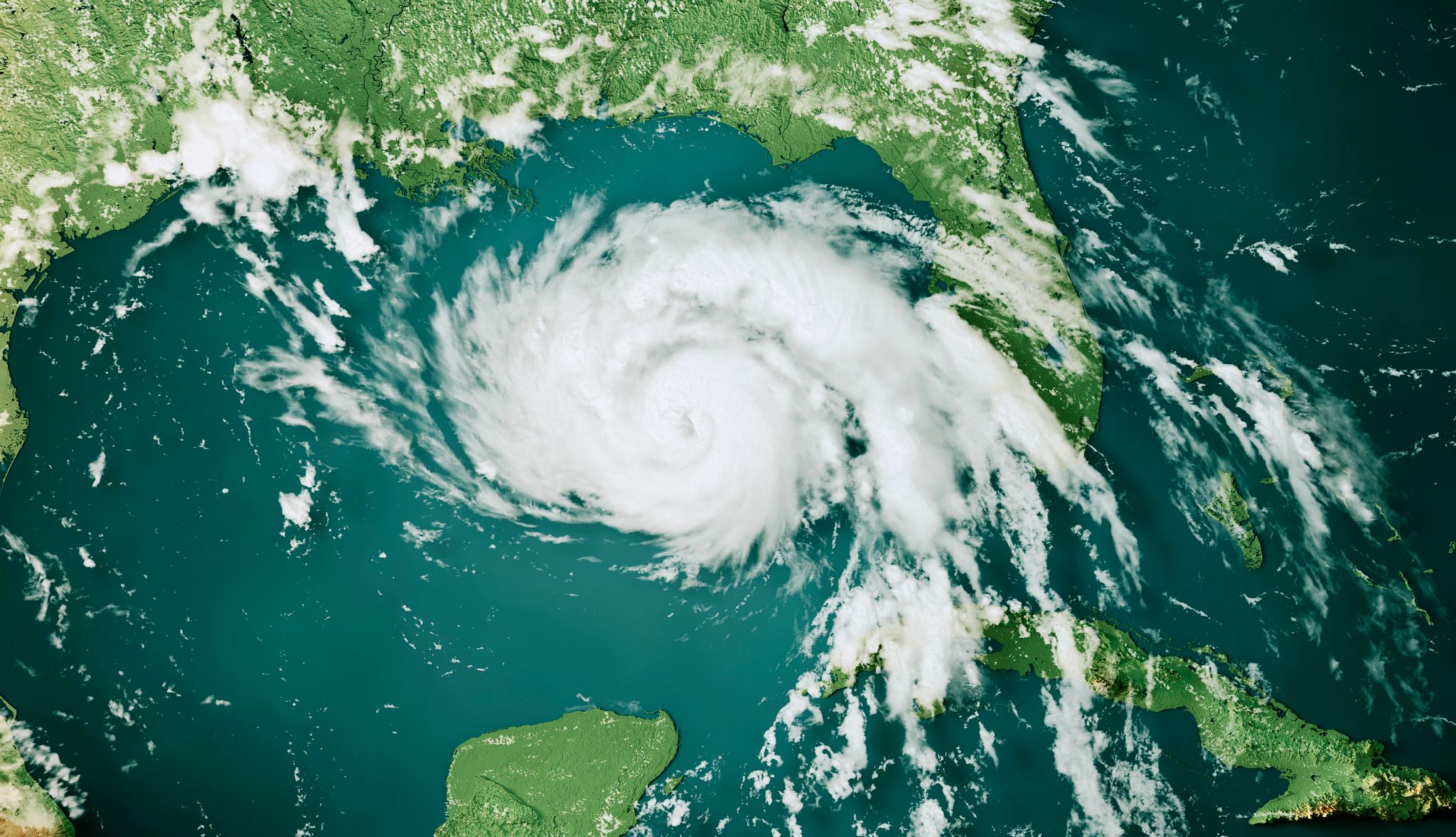AARP Hearing Center

En español | Florida residents often have to cope with hurricanes hitting the state and causing widespread power outages, flooding and property damage.
AARP has compiled a list of government, nonprofit and other aid available to help those affected by hurricanes.
Storm safety tips
FloridaDisaster.org: The state created the 2024 Florida Hurricane Guide, which features storm safety tips and guidance.
Ready.gov/Hurricanes: Get advice from the U.S. Department of Homeland Security on how best to prepare for a hurricane, stay safe during the storm, return home and recover afterward.
U.S. Centers for Disease Control and Prevention: Get guidance on preparing for a hurricane. The agency also has information on how to prevent getting hurt or sick after a disaster, and guidelines for safe cleanup.
Healthcare Ready: RxOpen.org provides information on open pharmacies in areas impacted by hurricanes.
Weather and power outages
FEMA.gov: Download the FEMA app for real-time alerts from the National Weather Service. Emergency officials may also reach you via the Emergency Alert System and Wireless Emergency Alert, which don’t require sign-up.
Local news outlets: Tune in to Florida radio stations to hear National Oceanic and Atmospheric Administration (NOAA) information on current and forecasted weather. Monitor local television and radio stations for the latest information and instructions from emergency personnel.
Florida Storms app: Download this app to get weather updates, shelter information and details on evacuation routes.
Weather.gov: Enter your city, state or ZIP code to find the latest forecast and storm-related news.
Utility companies: Report storm outages to your utility company. The Florida Public Service Commission website lists utility companies. Find a map of electricity outages from PowerOutage.US.
Ready.gov: Find tips for navigating a power outage at Ready.gov/poweroutages.
Federal assistance
FEMA: If a disaster is declared due to a hurricane, you can apply for assistance at DisasterAssistance.gov, by calling 800-621-FEMA (3362) or by using the FEMA App.
U.S. Small Business Administration: If the federal government formally declares a disaster due to a hurricane’s impact, disaster loans will be made available. Check the SBA’s website for information and to apply for low-interest disaster loans to help you recover from a storm.
State assistance and resources
Florida Disaster Fund: The state of Florida’s fund to help communities recover from a disaster is accepting donations. Money raised through the fund goes to organizations working to help with recovery efforts.
FloridaDisaster.org: The Florida Division of Emergency Management provides the latest on hurricanes, including advice on planning and preparation and recovering from storms. The agency has information on shelters, closures, sandbag usage, and how to report price gouging after a disaster. Sign up for emergency alerts via the AlertFlorida app.
Florida Department of Transportation: Information on road conditions and closures. Check conditions at FL511.com or download the Florida 511 mobile app.
County-level emergency information: Get local data on severe weather, road closures, evacuations and more at your county’s emergency management website.
State Assistance Information Line (SAIL): Call this hotline at 800-342-3557 to speak with an operator on topics ranging from shelter availability to when it is safe to return to an impacted area. This resource is available during an emergency event.
Connect with loved ones
Facebook: Indicate you are safe by checking in via the social media service, including the Hurricane Helene Safety Check-In group and check-in groups for other storms.
American Red Cross: Report yourself safe through Red Cross Reunification by calling 1-800- RED-CROSS (1-800-733-2767). The organization has guidance online for reuniting with friends and loved ones, along with state-specific reunification pages for people who are searching for the missing.
Food and housing assistance
FEMA: Go online to FEMA.gov or download the FEMA app to search for shelters. You can also text SHELTER and your ZIP code to 43362 (for example, Shelter 12345) to find emergency housing.
Florida 211: A free, confidential service that connects you with organizations that can provide disaster-related assistance, such as shelter and food. Dial 211 or go online.
Florida Food Banks: Feeding Florida provides a list of food banks statewide.
American Red Cross: The Red Cross website lists open shelters near you, or call 800-RED-CROSS. The organization has chapters within Florida to help with supplies and resources at the local level.
Salvation Army: The charitable organization provides disaster-related assistance, including food and shelter.
Mental health resources
Disaster Distress Helpline: For help with your mental health, call or text the federal Substance Abuse and Mental Health Services Administration’s toll-free helpline at 800-985-5990. It is available 24 hours a day, seven days a week to all U.S. residents who are experiencing emotional distress due to disasters, including storms. Help is available in multiple languages.
988 Suicide & Crisis Lifeline: Call 988 and be connected with free and confidential support. This website has a feature that allows you to chat online.
Editor’s note: This guide was originally published on Sept. 27, 2024, and has been updated with new information.
Michelle Tuccitto Sullo is a states writer and editor for AARP. She previously served as managing editor of the Hartford Business Journal in Connecticut and has worked for the New Haven Register, the Connecticut Law Tribune and New Haven Biz.































































